
Pregnancy requires proper nutrition because health of the mother and developing baby depends on it. This is the time when women need more folate and iron. However, many think that pregnancy also requires much more calories and that is simply not true. A pregnant woman should weigh about 10 to 13kg more than before pregnancy and not more than that. The diet which provides with proper amounts of minerals and vitamins every day is exactly what a pregnant woman needs. Sometimes, if a woman lacks certain minerals or vitamins she should consult her doctor before taking any supplements.
Proper Diet for Pregnancy
Doctors and nutritionists recommend eating plenty of fruits and vegetables in pregnancy. Whole grain bread and cereals, low fat dairy products and some lean meats, chicken and fish should also find their place on the menu of a pregnant woman. Dried beans and lentils as well as different nuts and seeds are also recommended. Pregnant women should limit consumption of food rich in sugar, fat and/or salt to small amounts.
Folate in Pregnancy
Folate or folic acid belongs to the group of B vitamins. It is recommended for both women who want to become and to those who are already pregnant. Folate is recommended to be used before and during the first trimester of pregnancy in order to decrease the risk of some neural tube defects in unborn children. Scientists have proven that folate can prevent about 70% of these defects. Recommended daily intake (RDI) is about 0.6mg of folate for pregnant women and 1mg for women who plan to become pregnant in near future.
Foods rich in folate are spinach, Brussels’ sprouts, asparagus, lentils, bran flakes and dried beans. This substance is also found in many other foods including cauliflower, cabbage, wholegrain bread, wheat germ, peas, leeks, but also in oranges and orange juice. Potato, tomato, salmon, parsnips, vegemite, hazelnuts, walnuts, unsalted peanuts and strawberries also contain folate.
Iron for Pregnant Women
An unborn child needs iron to develop properly and because of that the mother should make sure to take enough of iron through her diet. Pregnant women need 27mg of iron every day or more, depending on the amount of iron stored in the body. To aid the absorption of iron doctors advise taking the food rich in vitamin C. Iron supplementation must be discussed with your doctor because it could have toxic effects to the child.
Other Nutritional Needs in Pregnancy
Pregnant women should ensure proper amounts of iodine and vitamin A in the diet. Seafood and seaweed, dairy products, eggs and meat are great sources of iodine as well as iodised table salt.
Vitamin A is also required in higher amounts than before the pregnancy. However, women should be careful due to toxicity of this vitamin if it is taken in larger doses. Instead of supplements, consume more milk, eggs, fish and margarine to provide more vitamin A.



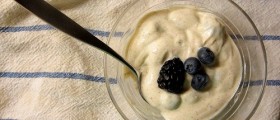


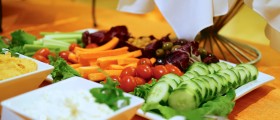
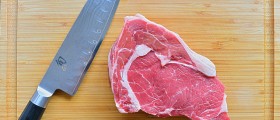



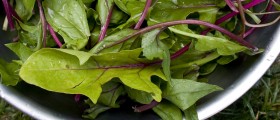
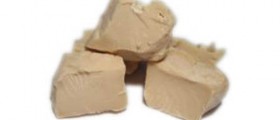
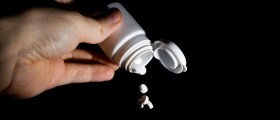
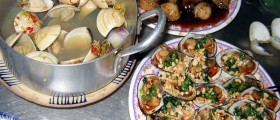

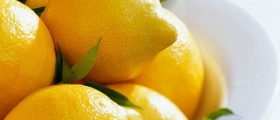
Your thoughts on this
Loading...